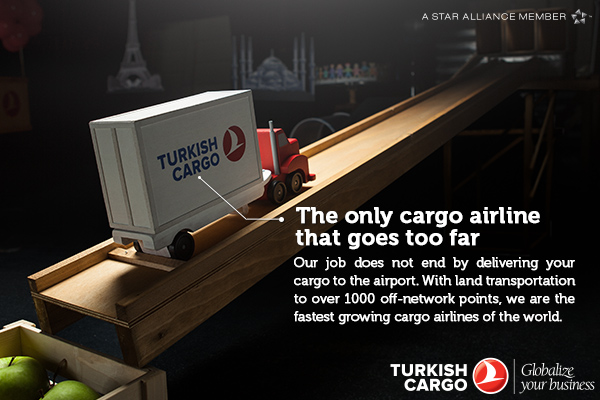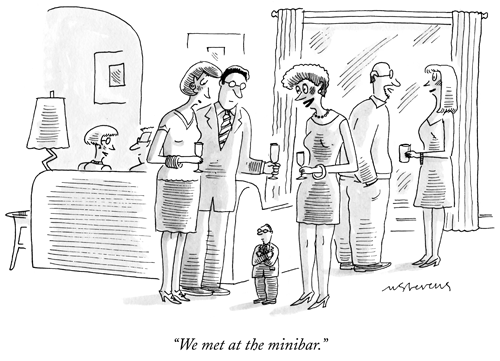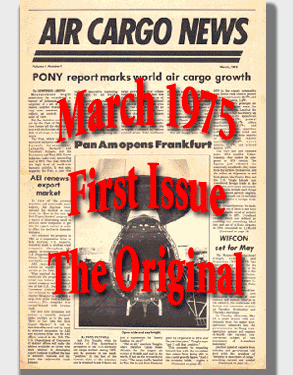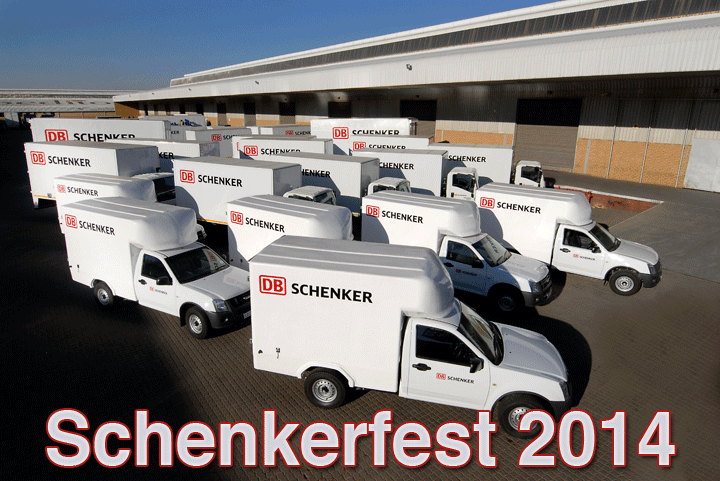
In
the next few years Chinese imports and exports by air freight will reach
equilibrium, enabling airlines, forwarders, and integrators to optimize
capacity usage on major trade lanes, according to one of the world’s
most experienced China watchers.
With some three decades in Chinese freight
markets, not many foreigners have been so close for so long to the mammoth
economic changes that have transformed China and world trade as Gerhard
Blumensaat, director for Airfreight for North/Central China at DB Schenker
in China.
The affable, Shanghai-based Blumensaat
is now into his 15th year on his latest tour in China and has worked
there on and off since the 1980s. With a veritable lifetime of freighting
hindsight, he understandably takes the long view on air cargo markets.
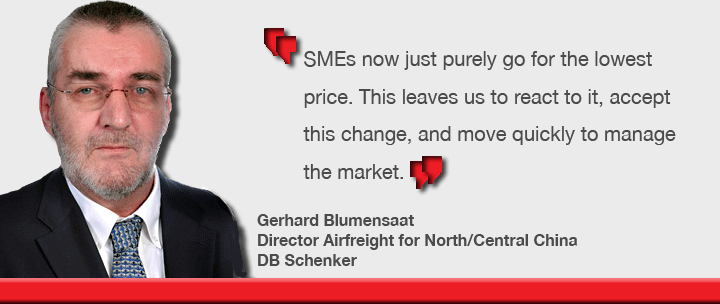 |
For him, when
China’s imports and exports by air eventually balance out, the
circle will effectively have been closed. “It is easy to forget
that back around 2000-2002 air freight traffic to and from China was
balanced,” he told FlyingTypers. “It
was only when there was a huge shift of electronics from Taiwan and
other places into China that we saw the huge surge in exports. But with
more imports, I’m expecting volumes to reach a balance once more
in about 3-4 years’ time.”
DB Schenker, which ranks itself third
worldwide among air freight forwarders, carrying 1.1 million tons per
year in 1,200 dedicated charter flights, entered Mainland China in the
late 1970s. The German-headquartered transportation behemoth now has
5,000 logistics specialists working in over 60 offices across China,
where it also boasts more than 90 warehouses offering some 950,000 m2
capacity.
Speaking in mid-September, Blumensaat
said the air freight market was relatively becalmed, but more activity
was expected moving forward. “We will see more movement 1-2 weeks
from now as products are launched,” he said. “To what extent
we’ll have a peak season will depend on a lot of factors. Last
season was short but rough, but there was a peak season here. Volumes
always increase quite significantly out of China on the export side.
I’d say year-to-date for exports has been satisfactory.”
For Blumensaat, the air freight story
this year in China is not exports, but imports. “We’ve seen
significant increases year over year and lots more imports over the
last three years,” he said. “This includes goods from Europe
such as car parts, semi-finished goods for the solar business, pharma,
and food products such as milk powder. It is this demand that will eventually
bring the market back in to balance.”
The surge of imports for China’s
middle class is not the only change Blumensaat has watched over the
years. More recently he notices a seismic shift in how all parties in
the air freight supply chain interact.
“Over the last two years the market
has changed in such a way that it is now completely transparent,”
he said. “I remember the days when you built relationships with
SMEs. This was characterized by good personal relationships. They would
check your offer against the market every 3-4 months. As long as they
were happy with your rate and service, then they would continue working
with you. Even if you were slightly off the best possible bidder then
you would get a second or third chance. This does not happen now.”
Aside from the largest shippers, which
operate under annual contracts with 3PLs and so tend to avoid the spot
market, he said everyone now knows how much it costs to move five kilos
by air from A to B. “So now there is no loyalty,” he explained.
“SMEs now just purely go for the lowest price. This leaves us
to react to it, accept this change, and move quickly to manage the market.”
Asked if this service commoditization
had only affected forwarders, he countered that it had spread up and
down the supply chain. “It’s the same for suppliers,”
he added. “Carriers act much faster to the changing environment
than they did before. If bookings are strong in central China for 3-4
days, then rates go up immediately.
“When there are rumors of U.S. West
Coast port strikes as there have been this year, then Transpacific rates
go up 3-5 RMB/kilo based on that rumor. That is what has been happening.”
DB Schenker has followed its customers
inland over the years, and also seen many of its Chinese clients gradually
move up the value chain. “The South used to be textiles, then
it was electronics,” he said. “There was some semi-conductor
and solar business in the South but that has normally been around Shanghai.
In recent years there has been a shift of electronics to Chengdu and
Chongqing. Chengdu is also now strong
in automotive while Xi’an has attracted a lot of high-tech, semi-conductor
and solar business. But it’s a very mixed picture and changes
quite quickly.
“In the future I see China moving
further up the value chain. The manufacture of semi-conductors and electronics
will happen in China for quite some time to come. It is mostly automated
assembly now in these industries so it’s not about the labor cost;
it comes down to logistics, energy, and know-how.
“When I came back here in 2000 everyone
was saying industry would move to Vietnam in 6-7 years. But even now
Vietnam doesn’t have the infrastructure—especially the energy
supply—that these assembly plants need. Some manufacturing will
move, but there won’t be a big rush and most will stay in China,
in my view at least.”
SkyKing
